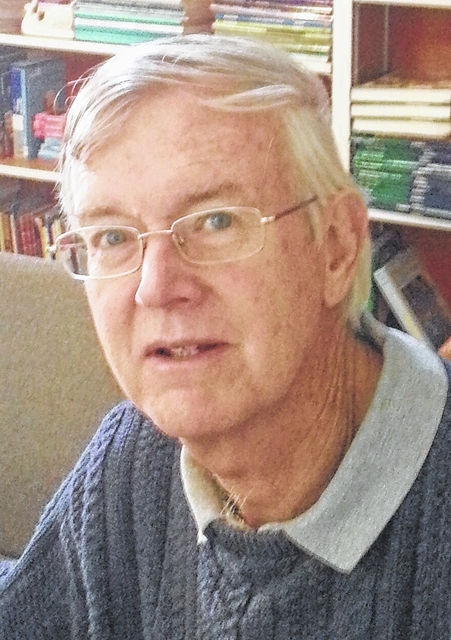A New Year’s greeting from the Newberry County Literacy Council. Several of our winter programs are up and running with several more about to begin.
The People’s College meets Monday evenings to discuss our new seminar topic “Why Vietnam?” It is not too late to join us; call our office to get a book. The Weekly Reader Book Club meets Tuesday mornings at 11:00 a.m. We are starting “Raney” by North Carolina author Clyde Edgerton. Again, call our office for a book. The FAST Program (Families and Schools together) will start at Newberry Elementary School on January 29. Tax season is approaching and once again the Council will offer a free tax service, also beginning January 29. On March 6, at Newberry Elementary School, Barbara Chapman, our tireless director, will sponsor a workshop called “Cooking Matters” that will provide attendees with valuable information on healthy food options, getting the best value for fruits and vegetables, understanding food labels, and more. The workshop is free and everyone will receive a book full of healthy recipes. Call the Literacy office for more information.
As I write this we have just celebrated Martin Luther King Day, with a march and program in Newberry. At the Literacy Council, we wonder what kind of message and inspiration we can draw from his life’s work. We know that he believed in the power of words and ideas. His speeches convey this. We know he believed in the need for action, inspired by words and ideas. His marches and organized protests convey this. So we know that King would tell us today to promote literacy. Literacy helps us find our voice, through reading and contemplating the thoughts and views of great writers of past and present, and then by studying the issues around us. King would then say we need to raise our voice and speak out about the issues of the day and join with others in plans of action. This is citizenship.
We have repeated many times in this column that promoting citizenship is one of the key goals of the literacy council. We follow the example of the Founding Fathers, and the inspiration of Dr. King, that a healthy democracy can only be achieved if there are active citizens and for active citizens to exist we must have a literate society.
U.S. history shows, unfortunately, that support for literacy for all has not always been strong. Slaves were prohibited from learning to read and in the late 19th and early 20th centuries factory and mill owners opposed universal education so that they could continue to use child labor. Those in power have often limited education as a way to maintain that power, reasoning that promoting reading and critical thinking skills might lead people to question the status quo. In this way, education has become a contested value. Who should be eligible, what should be the purpose, how should we fund it? We now have compulsory education for all, more or less free through high school, but questions of quality, de facto segregation, and quality remain. The suit brought by South Carolina school districts in 1993 is a case in point. Not until 2014 did the S.C. Supreme Court rule in favor of these school districts, concluding that the state had failed to provide a “minimally adequate” education to children in the state’s poorest school districts. Our legislature is supposed to be acting on this ruling but progress seems slow. Historically our state has ranked very low on educational success of our children and funding for our schools. This seems to mean we have never decided how fully we want to commit to educating our children. We see the legacy of the past reflected in the significant amount of illiteracy in our adult population today and the continuing need for programs such as the Newberry County Literacy Council.
Martin Luther King, I assume, would regret this state of affairs, but he would not despair. He would urge collective action, a movement that raises questions about the state of our state education and outlines a way forward. Before he died he was overseeing a shift in the Civil Rights Movement in the form of a Poor People’s Movement that would address the issues of access and equality for all, of any race or ethnicity. If we are to deal with problems of education in our state and the need for a literate population in order to maintain a healthy democracy, we must carry on with this kind of work.
Next month I will update you on our discussions about Vietnam. Until then, happy reading!

